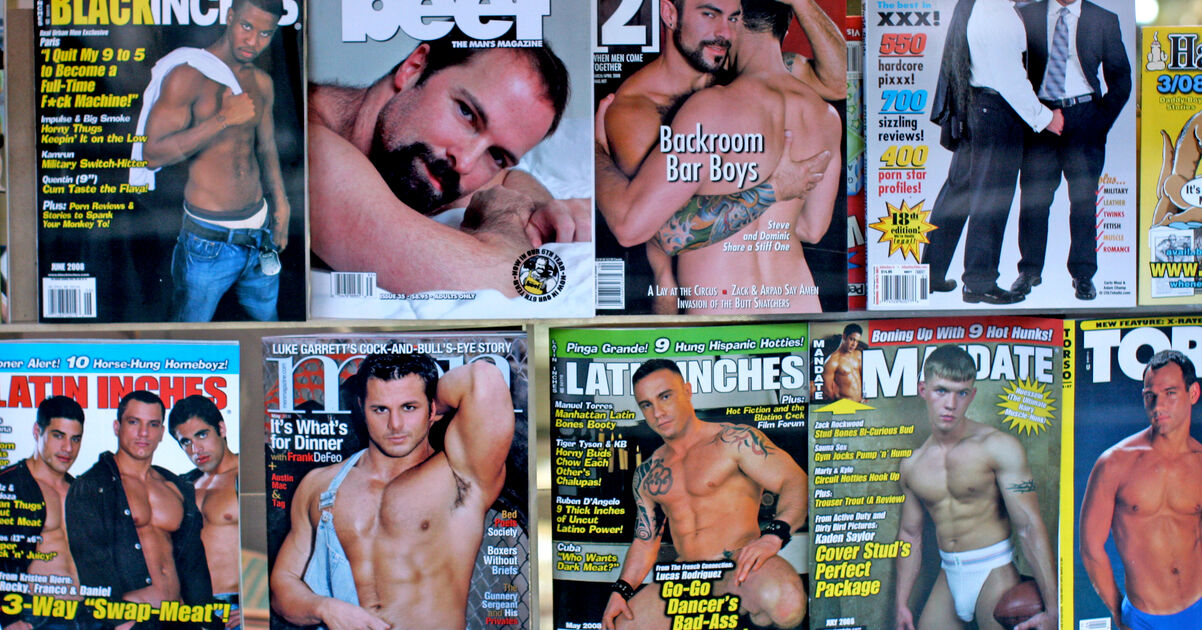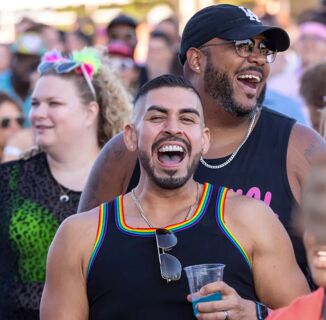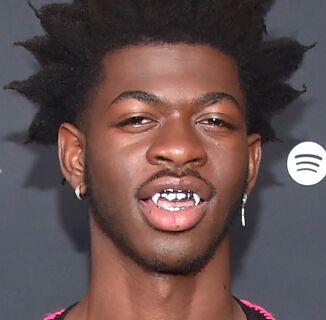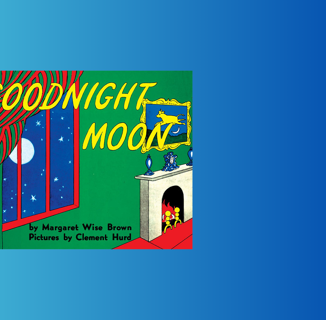Et tu, pornography?
As if being a person of size was not already difficult enough in the gay and bisexual communities, America or the Western world, there’s another thing telling queer men that our bodies are less-than-desirable: our beloved pornography.
According to a study published in the Archives of Sexual Behavior, consuming more pornography during the week had a direct correlation to a negative body attitude, depression and anxiety in a sample of over 1,000 gay and bisexual men.
In an interview with Vice, Hunter College professor Jeffrey T. Parsons, one of the study’s researchers, did admit that there was more research to be done: the study didn’t differentiate between what kind of pornography people were watching, cataloguing all titillating videos as the same.
Of course, pornography is not the only thing contributing to a veritable epidemic of body dysmorphia among queer men. One 2005 study even went so far as to call “homosexuality” a risk factor for eating disorders in men.
Besides porn, images in gay media and other community members reinforce these svelte body standards. A 2011 study found that men in gay magazines were actually slimmer than men in ads targeting heterosexual people. And several studies have shown that gay and bisexual men are thinner on average than our straight counterparts. And you also have messages like “No fats, no fems,” that, while insidious and gross, pop up on t-shirts as if they are innocuous and cool.
Just as gay and bi men are subject to these images, studies have also shown that we perpetuate these standards to damaging effects. One 2012 study confirmed that gay men looking for relationships and hookups prized leanness and muscularity in their partners.
While negative body image is bad enough, researchers of this most recent study also found that negative body image, coupled with depression and anxiety, led some men to engage in sex that might put them at risk for HIV acquisition, and may even cause HIV-positive men to skip taking their HIV medication.
Parsons said this all stems from the stigma and discrimination many gay and bi men face on a daily basis.
“One Supreme Court decision didn’t reverse decades of discrimination,” Parsons told Vice. “If you add Trump’s daily threats to the LGBTQ community, and overlay that with the feeling ‘I feel bad about my body,’ the idea of then taking your HIV medications it’s like, well, maybe I’ll just put that aside because I’m feeling so depressed and anxious and unhappy with how I look. Some people really allow the negativity they feel in their body to limit how well they take care of their health.”
Photo credit: Torbakhopper/ Flickr
Help make sure LGBTQ+ stories are being told...
We can't rely on mainstream media to tell our stories. That's why we don't lock our articles behind a paywall. Will you support our mission with a contribution today?
Cancel anytime · Proudly LGBTQ+ owned and operated
Read More in Culture
The Latest on INTO
Subscribe to get a twice-weekly dose of queer news, updates, and insights from the INTO team.
in Your Inbox














